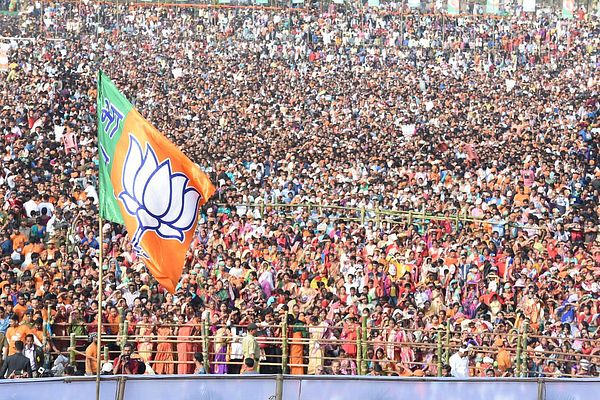Author: Milan Vaishnav
Affiliation: Carnegie Endowment for International Peace (Washington, DC)
Organization/Publisher: Foreign Affairs
Date/Place: March 18, 2021/USA
Type of Literature: Article
Words Count: 2280
Link: https://www.foreignaffairs.com/articles/india/2021-03-18/decay-indian-democracy
Keywords: Bharatiya Janata Party, Democracy, Election, Modi, India
Brief:
The article highlights the decline of Indian democracy from “Free” to “Partly Free” and from “Electoral Democracy” to “Electoral Autocracies” in the institute reports published by Freedom House and Varieties of Democracy. The author points out that this downgrading is more of a shrinking democratic space than free and fair elections. The Bharatiya Janata Party (BJP) consolidated a Hindu-majoritarian brand of politics in the 2019 election. The immense power has resulted in government brutality against Muslim minorities by unilaterally nullifying the constitutional semi-autonomy of the Muslim-majority state of Jammu and Kashmir. The author also discusses the centralization of power in the executive branch of government. With issues from taxation to agriculture and elections, Modi has championed the idea of “One Nation, One India” as the solution to India’s fractiousness. The author praises Modi’s charismatic skills that combine former President Bill Clinton’s retail political instincts with former President Barack Obama’s oratorical skills. The transformation brought by the current government is a change in the political balance of power, but the ruling party in its ideological moorings has forgotten its central promise of getting the Indian economy back on track. The author concludes that democratic renewal in India must initiate from within. The opponents need to deal with fierce nationalism, which Modi has implanted. They must know his immense strengths and their shortcomings; otherwise, his political supremacy will go unchallenged—and questions about Indian democracy will continue to mount.
By: Razia Wadood, CIGA Senior Research Associate




